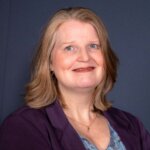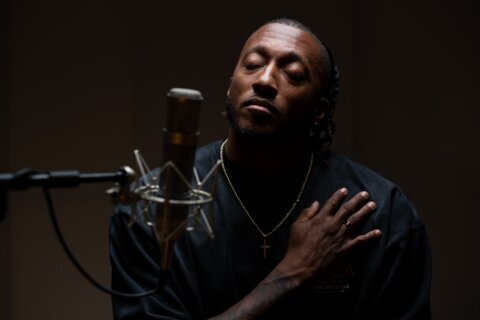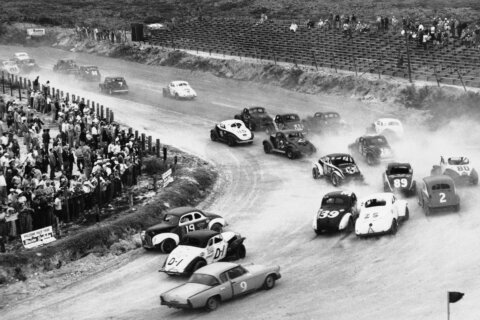WASHINGTON — The U.S. and the U.K. are sharing the excitement as an American actress marries a British prince.
And though our countries share a language, communicating with one another can sometimes be challenging.
Take it from two women who have firsthand experience: an American living in England, and a native of England who now resides in the United States.
Linguist Lynne Murphy was born in Upstate New York and moved to England 18 years ago.
Early on, she was told she had a “soft” American accent.
“That to me meant that they thought that Americans sounded like southerners or like Texans … that sounding a little bit more Canadian made me somehow more palatable,” Murphy said.
Over the years, her speech has changed.
“I hit my Ts hard. I say ‘better’ instead of ‘bedder’,” Murphy said. “I live in Atlantis, accent-wise I think.”
Her interest in comparing how people talk in the U.S. and the U.K. prompted her to start a blog called “Separated By a Common Language.”
Now, she has a book called “The Prodigal Tongue: The Love-Hate Relationship between American and British English”.
“England, and Britain more generally, is a really linguistically diverse place, so when Americans say things like, ‘Oh, I love a British accent’, that rubs people the wrong way because not everybody speaks like Hugh Grant,” Murphy said.
She initially had some trouble in British restaurants. For instance when she ordered a hot dog thinking she would get an American treat, she was given a “random” sausage in half a baguette.
“Because hot dog in British English means a sausage in a roll rather than a specific kind of sausage,” said Murphy.
She says it’s a myth that the English are more polite, but the way Americans say “excuse me” can backfire across the pond.
“If you say ‘excuse me’ before you’ve pushed in front of somebody it can sound a bit pushy and bossy because you’ve assumed their permission.”
Chantalle Edmunds from Durham, England, moved to the states in 2015 and now works as a digital editor for WTOP.
When she first arrived, she went looking for what she would call the toilets.
“I saw the word ‘restroom’ and that completely threw me. Because I thought, a restroom — do I go and have a lie down in there, or what is that about?”
Edmunds points out that some words are spelled the same but pronounced differently in England. Scheduling sounds like ‘SHED-yool-ing’, and lieutenant is pronounced ‘LEF-tenant’, as if it has an extra, invisible letter in it.
Edmunds has found some words in her vocabulary don’t translate well here.
“I said to somebody, ‘I like your trousers’, and they had no idea what I was talking about,” she said, explaining that she had to point at the pattern on a person’s pants before they understood the compliment.
Edmunds has tried to stop using British expressions, and learn American ones.
“I like the word doofus. I think that’s great … And we would probably say something like, ‘Oh that was idiotic.'”
Want to test how American or British your English is? Take these quizzes.








